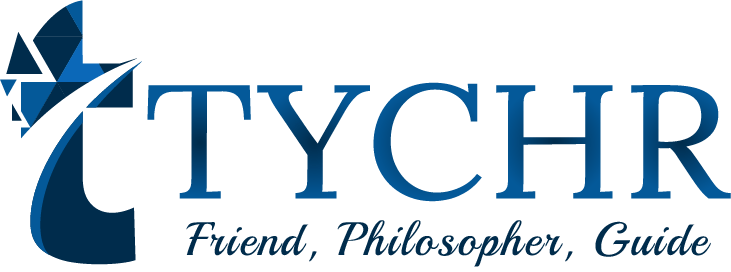Our Timeline
Skip the line, save your time
Our Journey So Far
Tychr has grown with a single purpose to make high-quality, personalised education accessible to students across the globe. What started as a focused tutoring initiative has evolved into a trusted learning platform supporting thousands of learners across international curricula. Each milestone reflects our commitment to academic excellence, student success, and continuous innovation in education.
3500+
Students Served
70+
Countries Covered
100+
Expert Tutors
The IB is a rigorous two-year programme that provides both disciplinary and interdisciplinary education, designed to academically challenge students and broaden their horizons. It is absolutely essential for students to stay organized and follow a timeline, as proper time management is crucial for successfully completing the IB programme. At the beginning of year one, students must choose six subjects from the six subject groups that pave the way toward their desired careers, based on their strengths and interests. Typically, students begin researching colleges in September and decide which standardized tests to prepare for, such as the SAT, ACT, or IELTS, while getting accustomed to all IB requirements.
During year two, students spend most of their time finalising all documentation and prepping for the final examinations. Students also receive their predicted grades and finish college applications in August. While most CAS activities are taken up during the first year, it is still recommended to continue in the second year as well. The next few months are focused towards working and finalising their IAs, EE and the TOK essay so that the students can then start to prepare for the second semester exams in January. Once they have submitted final drafts of all documents in February, students must meticulously prepare for the IB exams throughout March and April.
AS Levels are internationally recognized qualifications that span the final two years of high school. The program is divided into two parts: the Advanced Subsidiary (AS) and A2, each covering one academic year. A Level, also known as A2, is the second and final year following the AS level, continuing the syllabus from where AS ends. Although the exam papers differ significantly, the A2 assessments also include substantial content from the AS portion. The marks obtained in A2 for each subject are combined with those from the AS year to produce the final A Level grade, marking the completion of secondary education.
The A Levels are an internationally recognized program that spans the final two years of high school. The program is divided into two parts: the Advanced Subsidiary (AS) and A2, each covering one academic year. The Advanced Subsidiary is the first half, taken immediately after the I/GCSEs, and typically covers about half of the A Level syllabus while contributing significantly to the overall A Level score.
However, this is often the year many students struggle to adjust. Not only do students from other boards find it difficult to adapt, but even those coming directly from the GCSE curriculum may find it challenging. The AS level requires a shift in learning approach along with a substantial increase in academic depth and content. Due to its major contribution, which may vary by subject, students cannot afford to take this year lightly. In fact, from personal experience, I can assure you that putting in extra effort during the AS year can greatly reduce the pressure in your final year of school, allowing for a smoother and more relaxed A2 experience.
TYCHR Milestones
2020 - Foundation
Tychr founded with a mission to support students worldwide
2021 - Expansion
Expanded support to IB, IGCSE & AP programs
2022 - Onboarded
Onboarded first 1,000 students
2023 - Launch
Launched new personalised tutoring platform
2024 - Served
Reached 10,000+ students served
Subject Selection & College Research
Pick six subjects from six groups based on career goals, strengths and interests. Begin researching colleges and universities.
Standardized Test Planning
First SAT Attempt
Take the SAT for the first time. Continue preparing for semester exams scheduled for January.
Semester Exams & Predicted Grades
Complete semester exams which will be used to calculate predicted grades for university applications.
IA & EE Research
Begin researching topics for Internal Assessments (IA) and Extended Essay (EE). Start planning and outlining.
Second SAT & Subject Tests
Take the SAT again for improved scores. Begin preparing for SAT Subject Tests if required by target universities.
TOK Exhibition Planning
Brainstorm ideas for the Theory of Knowledge (TOK) exhibition. Begin selecting objects and developing explanations.
CAS Activities & IA/EE Drafts
Engage in Creativity, Activity, Service (CAS) activities. Work on first drafts of IA and EE. Complete TOK Exhibition.
